A nation of spectacular natural beauty, friendly people and rich culture, Zimbabwe’s status as one of Africa’s leading safari destinations was dampened for years by its political instability. But now that the country is transcending its strife and returning to a state of equilibrium, it is once again emerging as a vacation highlight of the continent. Victoria Falls – known to locals as ‘The Smoke That Thunders’ – is one of the seven natural wonders of the world and the sheer power of this massive body of water plunging into the Zambezi Gorge is awe-inspiring and unforgettable. Lake Kariba, with its game-rich shores and islands, is an idyllic safari spot featuring mind-blowing sunsets; Hwange National Park is known for its huge herds of elephants; and a kayak trip down the Zambezi through the Mana Pools National Park will appeal to the intrepid traveller, providing close encounters with crocodiles, hippos and a host of other wildlife.
Resting on the southern banks of the Zambezi river at the western end of the eponymous falls, this popular tourist town is compact enough to walk around and makes an ideal base for travellers exploring the seventh wonder of the world, the unfathomably vast Victoria Falls. About two thirds of the falls can be viewed from the Zimbabwean side and, while the falls are undoubtedly the star attraction, the area provides both adventure seekers and sightseers with plenty of opportunities to warrant a longer stay. Popular activities include scenic flights over the falls in helicopters or micro lights, bungee jumping off the Victoria Falls Bridge, white-water rafting (seasonal), and day trips to Chobe National Park. The town itself offers some excellent accommodation and restaurant options as well as an eclectic variety of African curios and authentic art sold by friendly Zimbabwean locals who are wonderfully welcoming and eager to help you enjoy your stay. Please check your itinerary for inclusions.
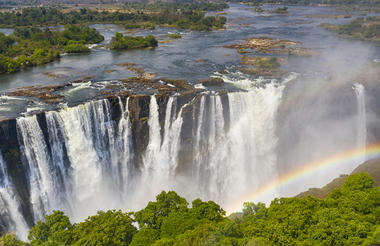
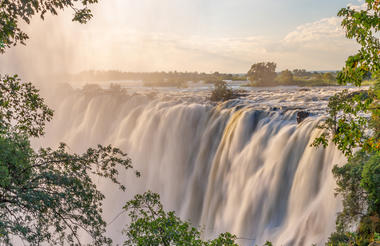
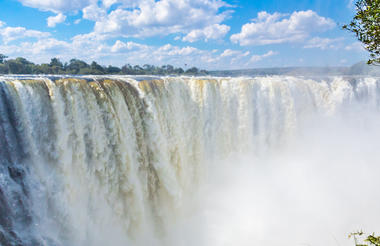
Get out into the bush where animals, both predators and prey, wander through unfenced camps, and where the human footprint is nowhere to be seen. The rewards of travelling in Zambia are those of exploring remote, mesmerising wilderness as full of an astonishing diversity of wildlife as any part of Southern Africa. Where one day you can canoe down a wide, placid river and the next raft through the raging rapids near world-famous Victoria Falls. Though landlocked, three great rivers, the Kafue, the Luangwa and the Zambezi, flow through Zambia, defining both its geography and the rhythms of life for many of its people. For those who venture here, the relative lack of crowds means a very satisfying journey.
The unspoiled South Luangwa National Park is one of natural jewels in Zambia’s crown, and home to one of the most varied collections of wildlife on the planet. Many places claim to be “among the remaining wilderness areas” or “one of the last wildlife sanctuaries”; South Luangwa National Park lives up to both and more. The Luangwa Valley is vast, remote and home to both people and a truly impressive variety of game.
The park is centered around the Luangwa River. Untapped by man, its natural ebb and flow of flooding makes much of the park inaccessible by road which keeps it a sanctuary for the large concentration of game that live there. A paradise for birders, over 450 species are to be found in the park, and the wildlife includes elephant, buffalo, hippos, giraffe, leopards and lions.
The South Luangwa Park is 9050 sq. kilometer; with the river, its tributaries and the riverine strips being the focus of the wildlife viewing. There are diverse habitats, from huge ox bow lagoons of varying stages of maturity, woodlands, ebony groves, grassland and thickets, that host a great variety of wildlife. The people of Zambia are warm, friendly and proud of their heritage. With a variety of different tribes incorporating different languages, traditions, music and dance, you are guaranteed a cultural experience second to none.
The South Luangwa National Park is renowned for its walking safari, which allows visitors to view elephant, hippo and even lion close-up under the supervision of professional and knowledgeable armed guides.
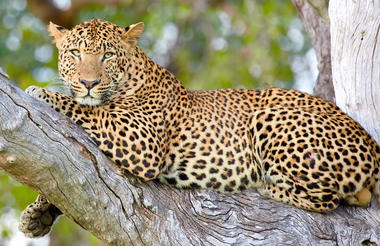
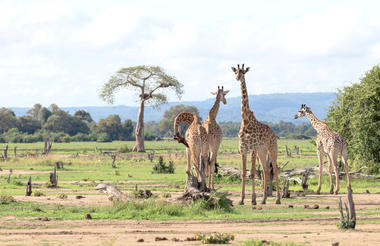
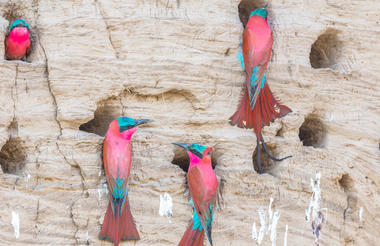
As previously described
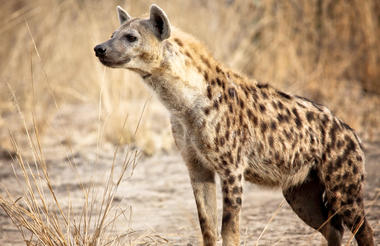
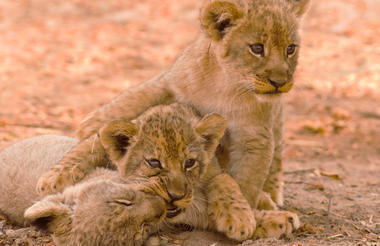
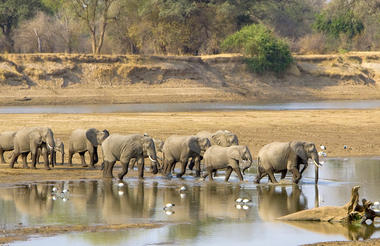
As previously described



